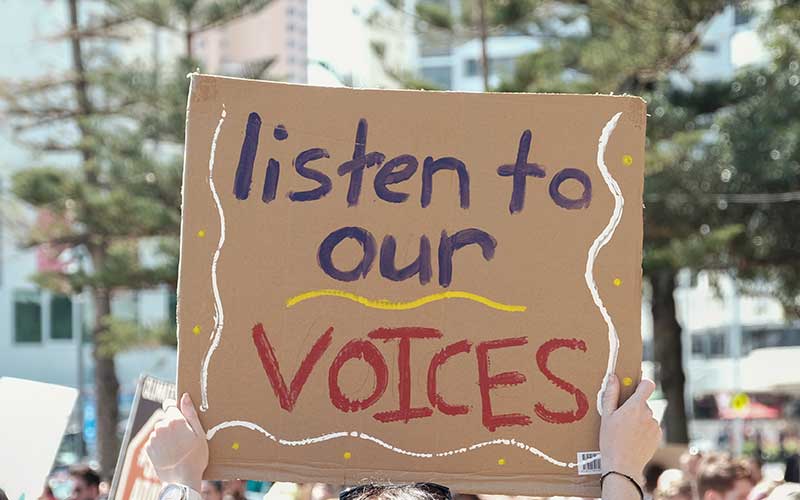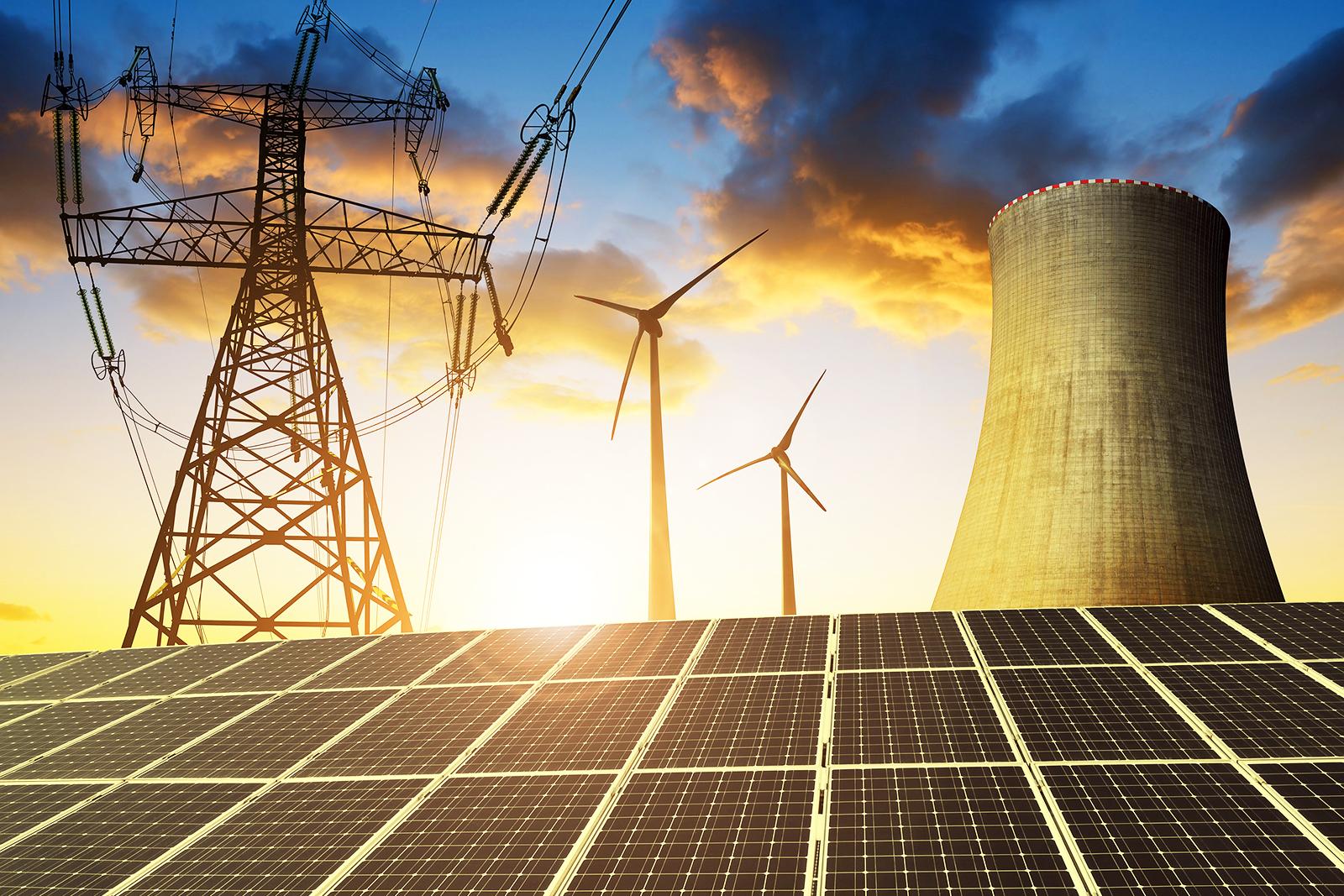
Energy Resources: Law & Policy - Professor Lisa, Benjamin, , Course Number: LAW-236, , Course Type: Foundational, , Credits: 3, , Enrollment Limit: Determined by the Registrar, , Description: Energy is fundamental to the, operation of modern economies and to everyday, life. It is a highly evolving and fast-changing, area of law and policy, and therefore an exciting, topic in modern legal studies. This course covers, energy resource law and policy in the United, States governing the production, transportation,, consumption, and disposal of a broad variety of, energy resources., , From this course students will be able to: 1., Identify critical issues concerning the extraction, and consumption of the world's primary sources of, energy: coal, oil, biofuels, natural gas,, hydropower, nuclear, wind, solar, and geothermal, energy; 2. Assess the basic tension between free, market trading of energy and government, regulation; 3. Analyze federalism issues and the, division of U.S. regulatory authority governing, energy production and use among federal, state,, and local government authorities; 4. Apply the, energy trilemma of security, equity, and, sustainability to a variety of energy sources and, their use., , The first half of this course will focus on a, broad range of energy sources, their extraction,, production, transportation, consumption, and, disposal. The second half of this course will, focus on hot topics in energy law and policy that, highlight the complexity of energy transactions, involved in the clean energy transition, such as, smart grid technology, development and siting of, clean energy, and the role of nuclear energy., While the course provides a basic introduction to, the electricity grid and looks at smart grid, technology, it focuses on a broad range of energy, resources. The course does not focus on the, electricity grid or electricity rate-making, as, these issues are covered in other courses such as, LAW-336 Energy Law: Electricity Regulation., , Prerequisite: none, , Evaluation Method: Assignments; final exam, , Capstone: no, , WIE: no
- Teacher: Lisa Benjamin

NOTE: This course is available as an In-Person, Section for in-person students or an Online, Section designed for LLM Distance Students. Each, section has its own course description and each, section has a different professor. See the note, below about eligibility for the Online Section for, JDs, MSLs, and residential LLMs., , Environmental Justice - Professor Lisa Benjamin, , Course Number: LAW-342 In-Person Section, , Course Type: Foundational, , Credits: 3, , Enrollment Limit: Determined by the Registrar, , Description: The Environmental Justice movement, demands fair treatment in the context of, environmental protection for all people,, regardless of race, ethnicity, gender, religious, affiliation, economic status, national origin and, education level. It looks at environmental issues, through the lens of discrimination and assesses, how that discrimination shapes both vulnerability, and resilience. This course examines the, Environmental Justice movement and the, disproportionate impacts borne by vulnerable, constituents in the domestic and international, context of government regulation, corporate, activity, climate and energy concerns, and, environmental degradation. Readings include, selected cases, law review articles, case studies,, executive orders, legislation, and UN, declarations., , In addition to the course texts and supplemental, readings, we will also view select documentaries, and hear from guest speakers from community-based, organizations working to address racial and, socioeconomic disparities., , Prerequisite: none, , Evaluation Method: Paper; class participation;, in-class presentations, , Capstone: with Professor permission in advance, , WIE: yes, , , , Environmental Justice - Professor Catherine, O'Neill, , Course Number: LAW-342 Online LLM & Online MSL, Section, , Course Type: Foundational, , Credits: 3, , Enrollment Limit: Determined by the Registrar, , Description: This section will be offered online., This class will explore the causes of and, solutions to environmental racism and injustice., It will consider disparities faced by communities, of color, indigenous peoples, and low-income, groups in access to and control over the, environmental requisites for health and, well-being. The class will examine various legal, tools' potential to help bring about environmental, justice, highlighting the appropriateness of, different tools for different contexts. Students, will be expected to view the class videos and, participate in online discussion in the time, frames allotted., , Prerequisite: none, , Evaluation Method: The class will be evaluated, based on class participation and writing, assignments., , Capstone: no, , WIE: no, , Notes for LC JDs, residential MSLs, and, residential LLMs:, , Lewis & Clark JDs, residential MSLs, and, residential LLMs are permitted to take some, courses online within the limits of LC's distance, learning policy. Those students should consult the, distance learning policy prior to signing up for, distance learning courses., , Students who are on campus are asked to take the, in-person version of the class when both an, in-person and online version of the same class are, offered in the same semester, but may petition the, Associate Dean of Students, Libby Davis, to take, the online version if they have a compelling, reason for doing so: eadavis@lclark.edu, , JD students at other law schools may be able to, take online courses if space permits and permitted, by their home school. Contact Associate Dean of, the Environmental Law Program, Janice Weis, at, jweis@lclark.edu
- Teacher: Lisa Benjamin

Climate Change: International Law - Professor Lisa, Benjamin, , Course Number: LAW-492, , Course Type: Foundational, , Credits: 2, , Enrollment Limit: Determined by the Registrar, , Description: This class takes an in-depth look at, our greatest global environmental challenge,, climate change, through a discussion of the, international treaty regime. It will begin with an, overview of climate science and a discussion of, the existing and expected impacts of climate, change. Next, the course will discuss the United, Nations Framework Convention on Climate Change, (UNFCCC), the Kyoto Protocol, the Paris Agreement,, and the associated Katowice rulebook. Time, permitting, the course will discuss related hot, topics such as climate and pipeline litigation and, the role of non-state actors., , Prerequisite: none, , Evaluation Method: Assignments; class, participation; and, depending on class numbers,, either climate negotiation simulation(s) or a, final paper., , Capstone: no, , WIE: no
- Teacher: Lisa Benjamin

Energy Resources: Law & Policy - Professor Lisa, Benjamin, , Course Number: LAW-236, , Course Type: Foundational, , Credits: 3, , Enrollment Limit: Determined by the Registrar, , Description: Energy is fundamental to the, operation of modern economies and to everyday, life. It is a highly evolving and fast-changing, area of law and policy, and therefore an exciting, topic in modern legal studies. This course covers, energy resource law and policy in the United, States governing the production, transportation,, consumption, and disposal of a broad variety of, energy resources., , From this course students will be able to: 1., Identify critical issues concerning the extraction, and consumption of the world's primary sources of, energy: coal, oil, biofuels, natural gas,, hydropower, nuclear, wind, solar, and geothermal, energy; 2. Assess the basic tension between free, market trading of energy and government, regulation; 3. Analyze federalism issues and the, division of U.S. regulatory authority governing, energy production and use among federal, state,, and local government authorities; 4. Apply the, energy trilemma of security, equity, and, sustainability to a variety of energy sources and, their use., , The first half of this course will focus on a, broad range of energy sources, their extraction,, production, transportation, consumption, and, disposal. The second half of this course will, focus on hot topics in energy law and policy that, highlight the complexity of energy transactions, involved in the clean energy transition, such as, smart grid technology, development and siting of, clean energy, and the role of nuclear energy., While the course provides a basic introduction to, the electricity grid and looks at smart grid, technology, it focuses on a broad range of energy, resources. The course does not focus on the, electricity grid or electricity rate-making, as, these issues are covered in other courses such as, LAW-336 Energy Law: Electricity Regulation., , Prerequisite: none, , Evaluation Method: Assignments; final exam, , Capstone: no, , WIE: no
- Teacher: Lisa Benjamin